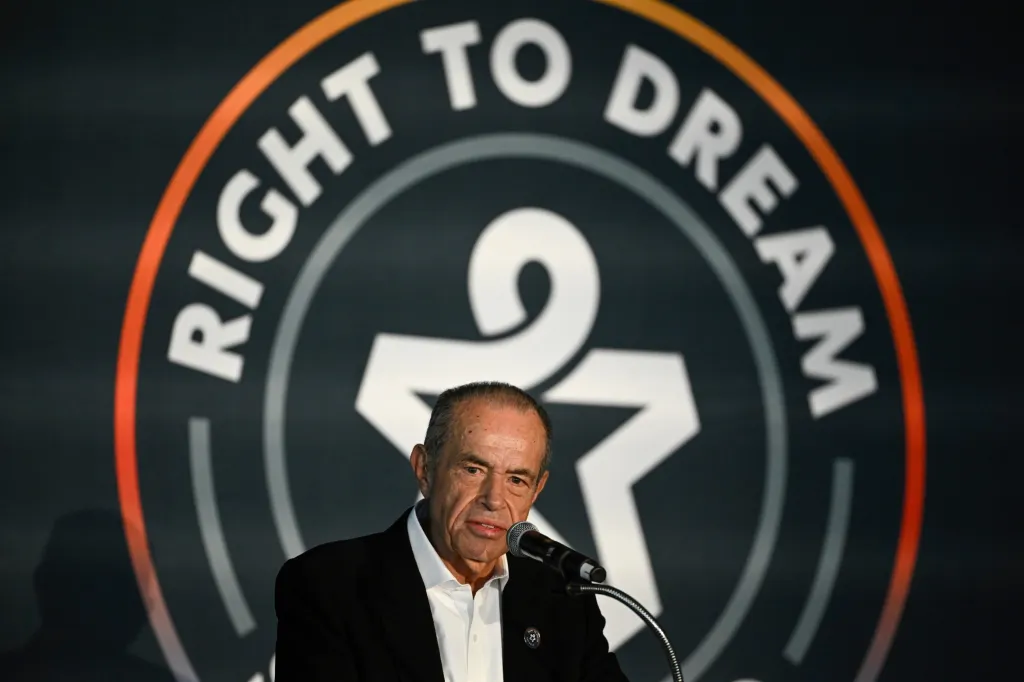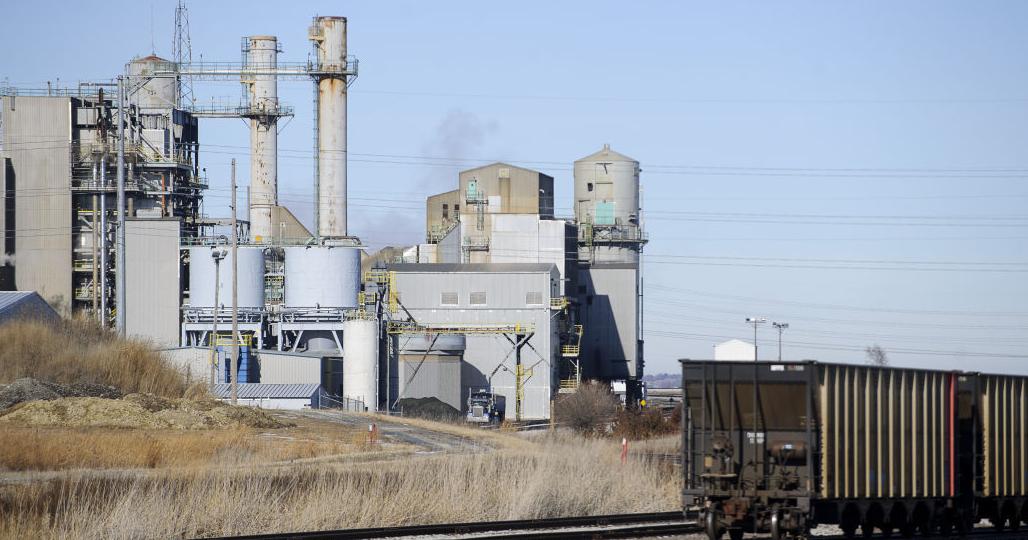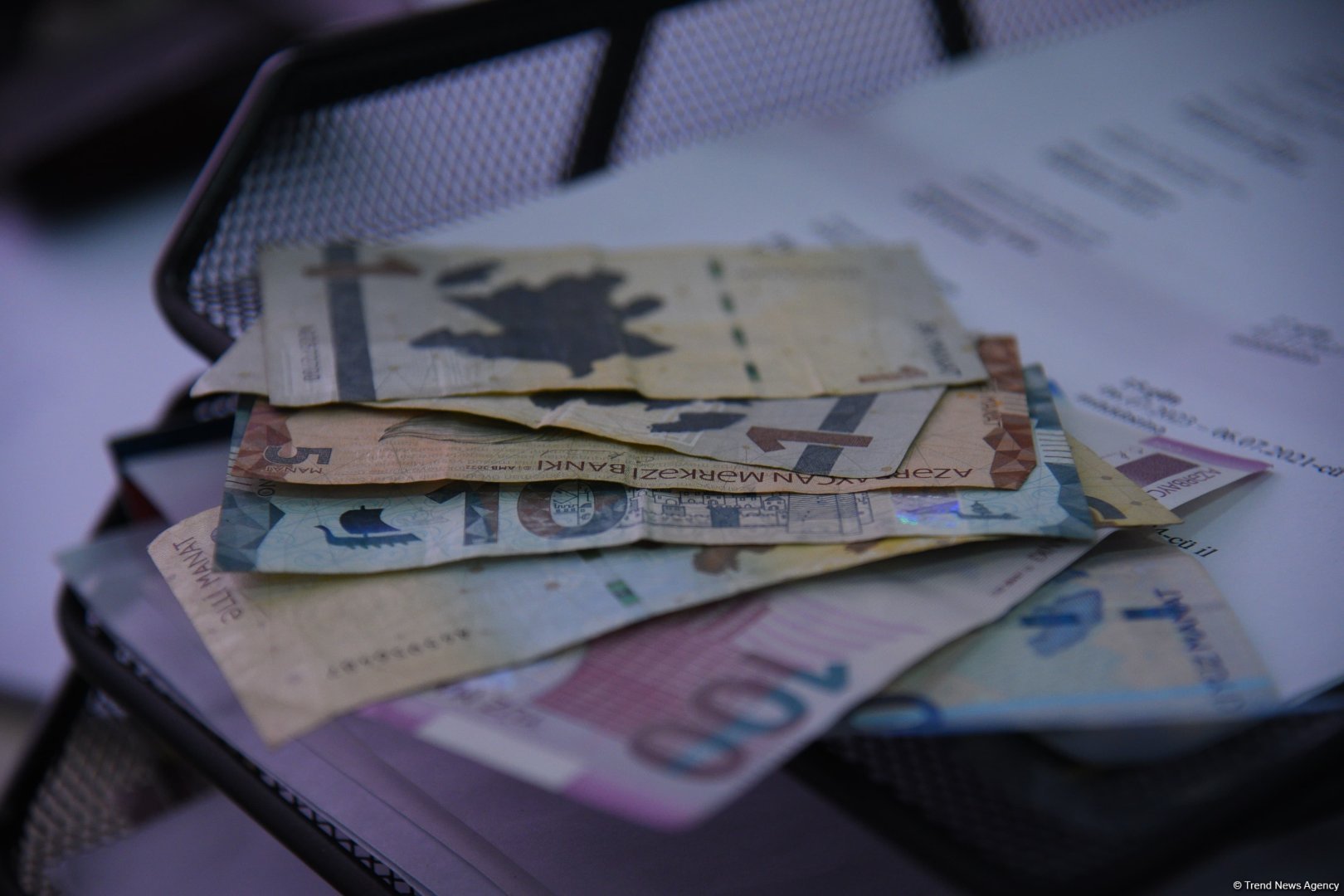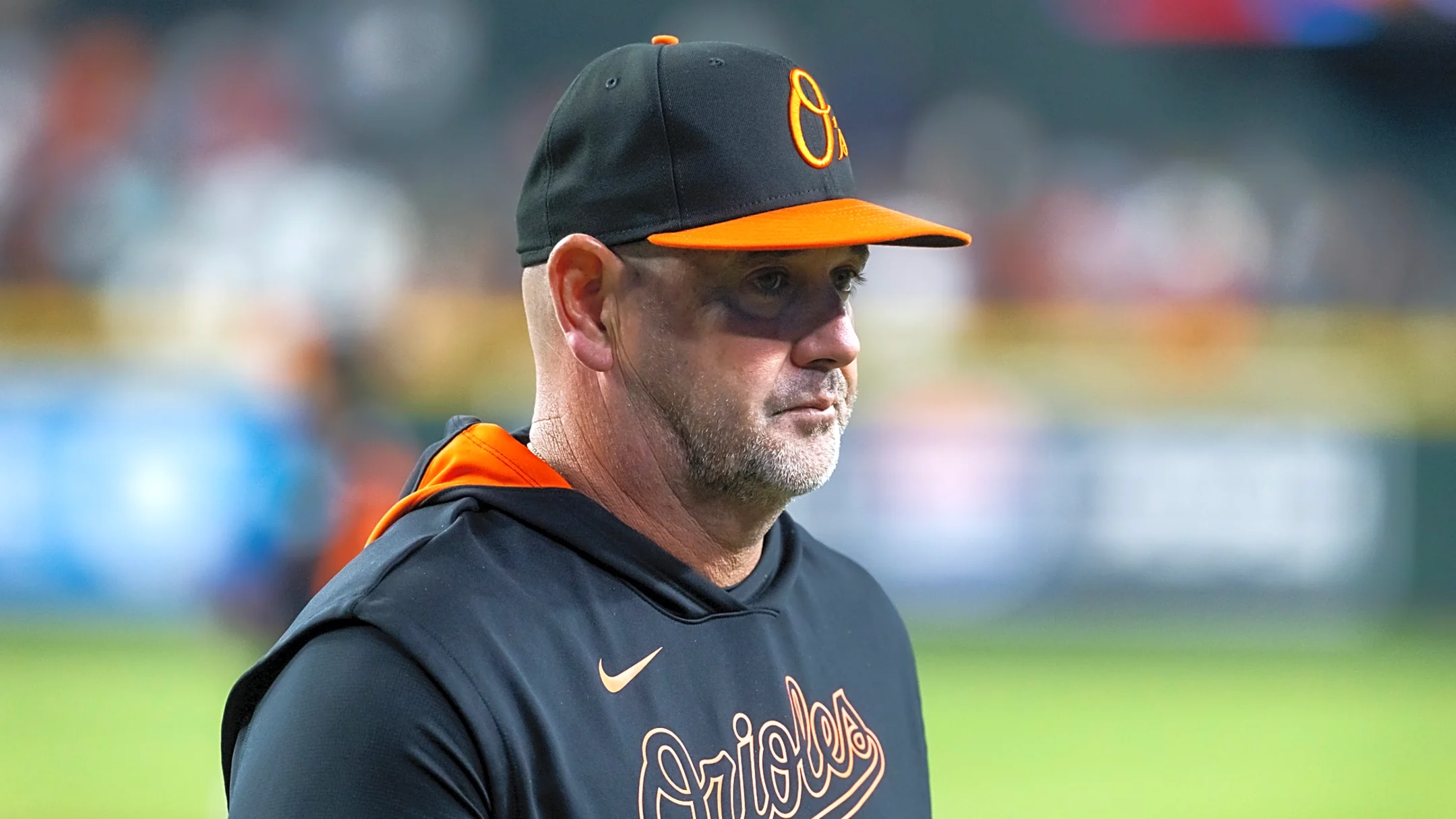Copyright San Diego Union-Tribune

Mohamed Mansour took his sons to visit U.S. colleges a few years ago. One of the stops was his alma mater, North Carolina State. After touring the red-brick campus, they had some extra time and he navigated their driver through the streets of Raleigh, a right turn here, a left there, toward a modest restaurant with a green awning that he figured no longer existed. “God behold,” Mansour says, “there it was.” Amadeo’s on Western Boulevard, its website says, has “been serving up authentic Italian flavors with a side of NC State pride” since 1963. They walked in, sat down and ordered a pizza. The décor was the same. The smell was the same. Mansour asked if Dick, the owner, was around. He was, and an aging man with gray hair and a hunched gait emerged from the back. Mansour asked if he remembered him. “He said, ‘Ah, Mo,’” Mansour says, a twinkle in his eye. “He turned to people in the restaurant and said, ‘You see this guy? He worked for me 30 or 40 years ago. Everything he learned, he learned from me.’ And there’s an element of truth to that.” “Mo the Waiter,” he was known then. It’s Sir Mohamed now. Mansour is just the second Egyptian citizen knighted by the British monarchy. He’s chairman of the Mansour Group that has a market capitalization north of $12 billion, manages assets worth $200 billion and employs 60,000 people in 120 countries. He’s also the majority owner of the San Diego FC club that topped Major League Soccer’s Western Conference in its inaugural season and continues the first round of the playoffs Saturday night on the road against the Portland Timbers, leading 1-0 in the best-of-three series. Mansour was born in Egypt in 1948 and grew up romanticizing the American dream of an aspirational post-Depression society in comic books, movies and Elvis Presley recordings. Then he lived it, all of it, including the part about pulling yourself up by your bootstraps. “This,” he says, “made me who I am.” Fans see him as the 77-year-old billionaire owner of a professional sports team who lords over his business empire from offices in London, flying in for the odd game (he’s been to two in person) between high-level meetings with General Motors, Caterpillar construction equipment, McDonald’s, Egypt’s largest supermarket chain, one of the United Kingdom’s most prominent coffeehouse chains. Or as the former Minister of Transport for Egypt. Or as the former treasurer of England’s Conservative Party. Or as a board member for numerous educational and philanthropic organizations. They don’t see him as the son of an Egyptian cotton magnate who enrolled at North Carolina State at age 16 with a silver Corvette and a monthly allowance worth $2,000 in today’s money. They don’t see the kid who was good at partying and bad at studying, bailed out by a sympathetic physics professor who offered him a second chance to save his failing grades. They don’t see the kid whose family lost everything when Egyptian President Gamal Abdel Nasser nationalized the cotton industry in the mid-1960s as part of a Soviet-backed socialist agenda. “Dad had no money,” Mansour said, “which meant I had no money.” He resigned from his fraternity, moved into a tiny room in what he’s described as a “damp and overcrowded house” on Chamberlain Avenue, sold the Corvette and took a job at Amadeo’s with its red and white checkered tablecloths for $1.25 per hour plus tips to pay tuition fees and his fraternity debts. In 2022, North Carolina State awarded him an honorary doctorate degree and asked him to speak at commencement. “This is a very moving moment for me,” Mansour told the 22,000 students and families in attendance, his voice tinged with emotion. “To you students who have had to struggle at times to overcome adversity, I know a little bit how you feel. I was almost thrown out of this university in 1966. I was virtually on the verge of being kicked out. “Sometimes I pinch myself, that what happened afterwards is for real. … When you have a second chance, seize it, learn from it and be grateful for it.” Mansour would graduate with a degree in engineering. He stayed in the United States and got an MBA from Auburn, then taught there for two years before returning to Egypt in 1973 after President Anwar Sadat reinstated the family cotton business. His father died in 1976, leaving him to operate the company that soon diversified to include global distribution for prominent U.S. firms. “Mr. Mansour is an elegant, dignified, global statesman,” says Tom Penn, San Diego FC’s CEO who was the driving force behind founding the club. “He has an aura and charisma and warmth that is top, top, top among anybody I’ve ever met. “His story is so unique and so impressive. There’s been a lot of foreign investment in American pro sports, but the decade he had in those formative years was in America, so he gets America. A lot of times with foreign investors, they don’t know America and there’s little connectivity.” Penn, a former NBA front-office executive, guided LAFC to MLS expansion in 2018. He left the club in 2020, but a few months later was at work on another expansion project, this time in San Diego. He quickly connected with the Sycuan tribe to provide the strong, local ownership that MLS covets. They needed another, deep-pocketed partner, though, and what Penn calls “speed dating” with several prospective ownership groups arranged by MLS didn’t coalesce. Then Penn got a call from the chief architect of LAFC’s stadium in Los Angeles, whose company, Gensler, was also working with the Right to Dream youth academy on design plans to expand from Ghana, Denmark and Egypt into the United States. Right to Dream’s owner: the Mansour Group. Mansour had recently invested $120 million in the youth academy, which had humble beginnings in Ghana in 1999 and in 2015 opened a facility in Denmark that fed into first-division team FC Nordsjaelland. The idea was to take that unique model – a residential youth academy fully integrated with a pro club – to MLS. Mansour, in many respects, is compensating for a void in his childhood. He grew up in a soccer family, with an uncle who was a goalkeeper for Egypt’s national team and Scotland’s famed Rangers club before becoming a successful coach. At age 10, Mansour was hit by a car, so badly damaging his foot that there was talk of amputation. The alternative was several years bedridden in a cast, gazing outside the window at his brothers and cousins playing in the streets. “I was deprived of what I loved,” he says. “And what did I love? Soccer, football.” There were reports in England that Man Capital was bidding to purchase English giant Chelsea in 2022, which Mansour simply says “was not true, just a rumor.” He admits being approached by other English clubs but having his eyes firmly on the U.S. market. “Because of my belief in America and my belief that this league is going to grow and my belief that we are at the tip of the iceberg here with soccer,” Mansour says. “The World Cup is happening here in 2026. I believe in American athleticism, and I believe in the demographics. When the opportunity came in San Diego, with Mexico being close by, I said it’s a no-brainer.” Mansour makes multimillion-dollar deals on an almost daily basis. He was an early investor in Facebook, Uber and Airbnb. He has a foundation that provides small business loans to impoverished women in Egypt. Man Capital regularly takes large financial risks on venture capital outlays in Silicon Valley, with no guarantee of a return on investment. San Diego FC is different. He watches every game live in England, which, with the time change, usually means a 3:30 a.m. kickoff. “I tell you, I become so nervous I don’t sleep at all,” Mansour says. “In business, it’s not like this for me. We run a very large enterprise, with 60,000 people. I have great people who manage this business. The thing I’m fixated on now, and so is my son, is San Diego Football Club. “I don’t get nervous at work. I’m very calm. But in this passionate game, it’s another feeling. It gives me a lot of happiness and fulfillment.” The club is built in Mansour’s image. He didn’t splash millions on aging superstars from European leagues – Mo Salah and Kevin De Bruyne were big names linked to SDFC – to stroke his ego. Instead, Mansour wanted a younger, hungrier player fed from the club’s youth academy, which trains in a $150 million state-of-the-art complex on Sycuan land in East County. The Right to Dream method meticulously selects players as young as 11, houses, feeds and trains them year-round. The best continue toward pro soccer careers. The others take an academic path with hopes of earning college soccer scholarships. “What they’re building is unprecedented in our country and, frankly, unprecedented in the rest of the world,” MLS commissioner Don Garber says. “Mohamed Mansour is a global guy. He brings to our league an international perspective — as a fan, as an investor, as an international business person that’s connected to other parts of the world — that I think has him aspiring that this club isn’t just another MLS team, but can be one of the great soccer clubs in the world.” SDFC led the MLS in the percentage of minutes by under-20 players and still finished first in the 15-team Western Conference, setting records for most points and road wins by an expansion club. Mo the Waiter, as Mo the Owner. “By the way, we didn’t strike oil, this family, to come up with billions,” Mansour says. “We worked hard. We’re hard-working people. We have values, which is what I lived in America and learned. I’ve gone through poverty in my life. I had to man up. I had to do better in college. I had to start paying my way through college. That taught me a lot. That taught me the value of hard work. “Even in our business today, our debt ratio is very low. I’m very conscious that something may happen in markets. I always have to be prudent. I don’t think as a human being, I’ve changed. Money has not changed me. I tell my sons: ‘Money doesn’t make the man, the man makes the money. Always be humble, proud, private.’ That’s how we are.” MLS Cup playoffs, first round: San Diego FC vs. Portland Timbers (SDFC leads best-of-three series, 1-0) When: 6:30 p.m. Saturday Where: Providence Park, Portland Streamking: AppleTV+ Radio: 760-AM, 1700-AM (Spanish)



